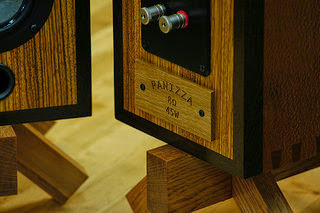My previous
post about completing a project that would find itself yet unfinished because it was now functionally being used to produce new outcomes got me thinking about a segment of the population that finds itself bothered by my apparent inability to complete certain projects that I start. This population segment believes that you finish what you start regardless.
That segment should take a closer
look at my blog entries before coming to conclusions that do not fit the direction I take with some of the projects that I classify as learning projects. Learning projects to me are those that teach something about a process or technique that I want to try before applying it to a more critical design whose outcome really matters. Like one commissioned by a client.
Take my shelving unit
project for instance. I began building that project to evaluate where my workshop stood in its ability to produce larger projects after having built smaller studio projects for so long. I was able to see and correct deficiencies in shop layout and equipment as a result. That project was interrupted by the last one that happened to be paid for by a client, but not before its important outcomes had concluded.
The current speaker system
project now making its way through my workshop is another example of a learning project that originally began as an opportunity to try a new dovetail jig which I again used in building the most recent client based project. I restarted that speaker project now as a way to fill in some free time before I possibly return to the much larger shelving unit project. That is if the shelving unit project proves beneficial to my current workshop goals.
Learning projects are great. I encourage anyone to try them when resources allow. There is no rush to finish something that proves its value in what it teaches once that teachable moment is understood, and can be further applied. I do though usually finish all projects that I start. Eventually.
 Life is great when someone decides to do something that maybe hasn't been done before, and succeeds at doing it like Molly and Chase have done. I sincerely appreciate the collaboration that let me be part of it.
Life is great when someone decides to do something that maybe hasn't been done before, and succeeds at doing it like Molly and Chase have done. I sincerely appreciate the collaboration that let me be part of it.










